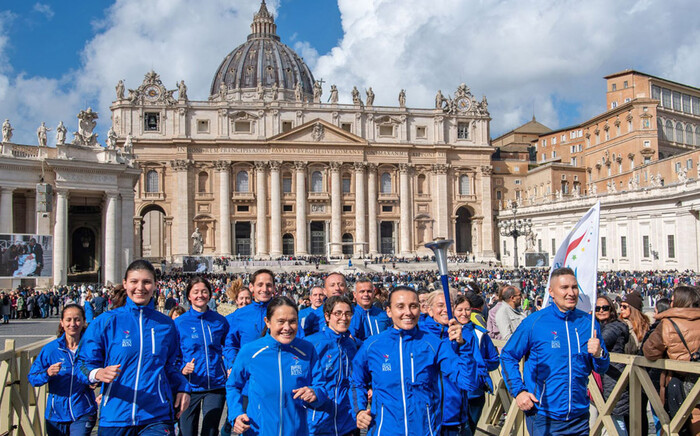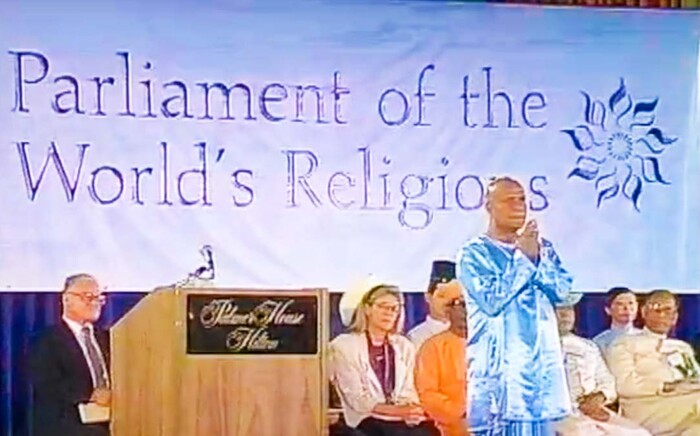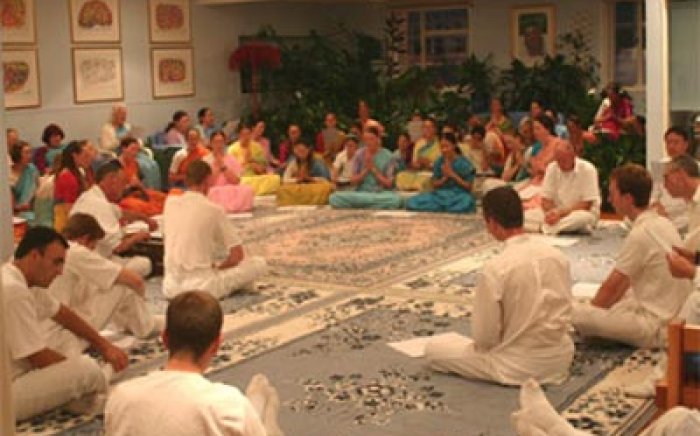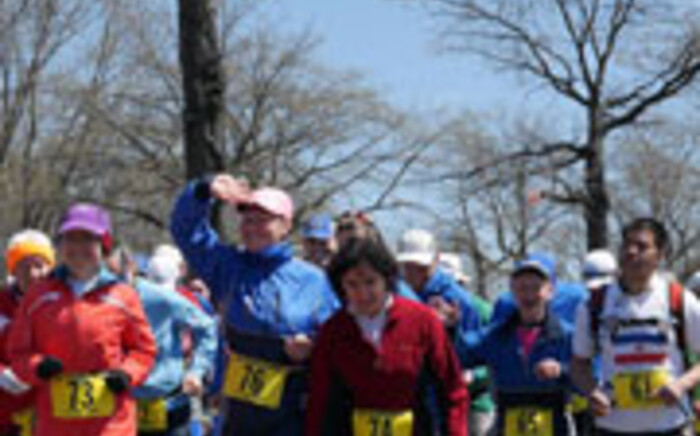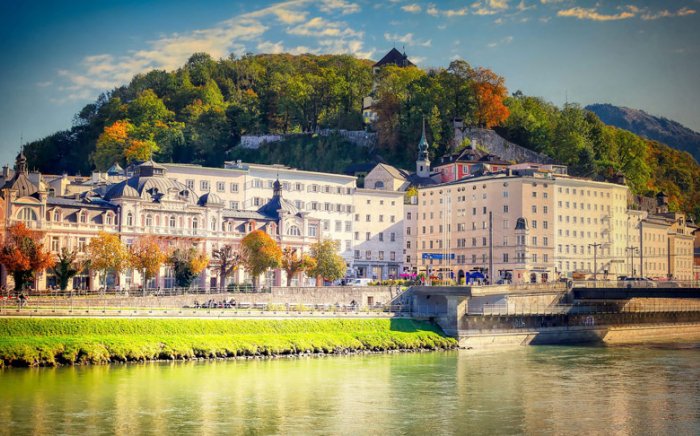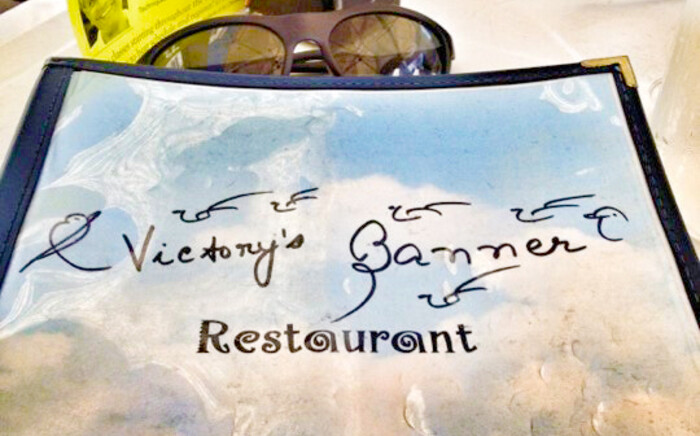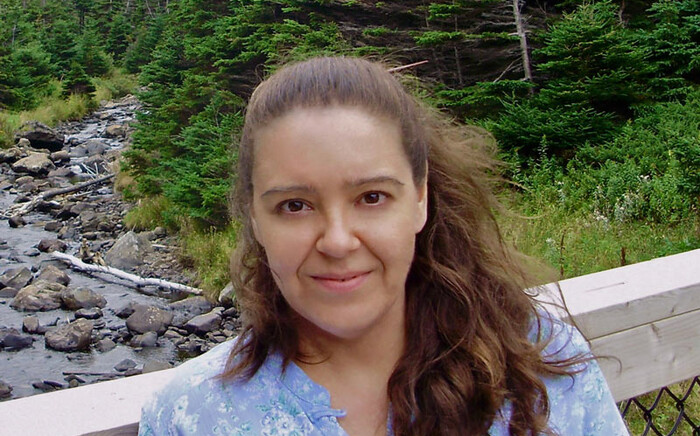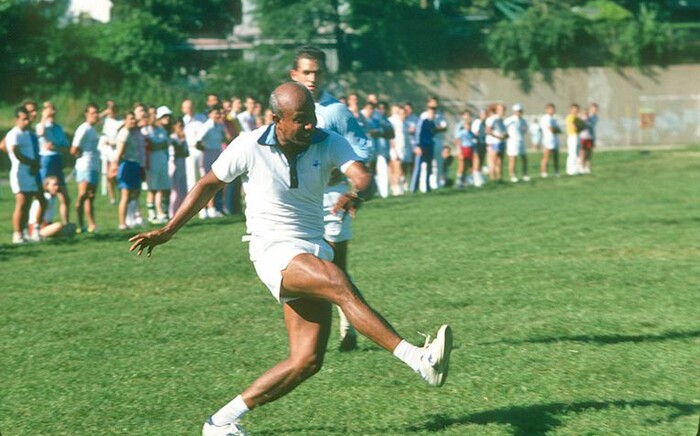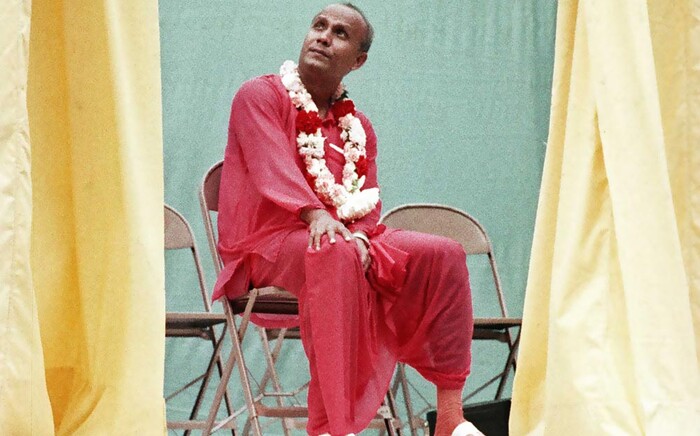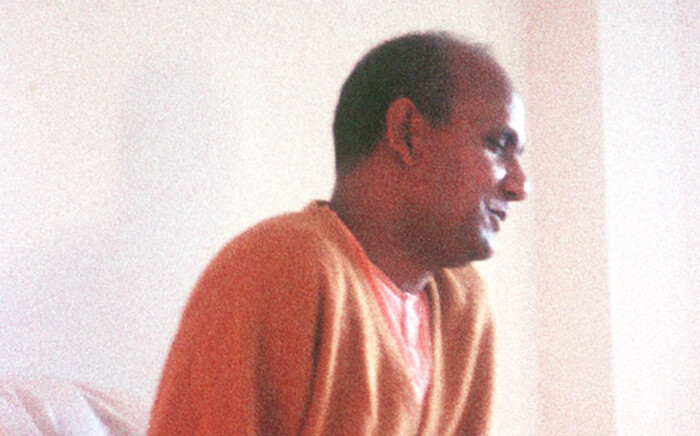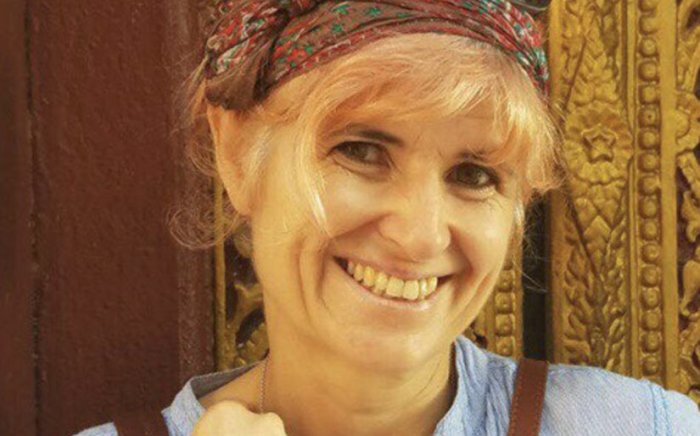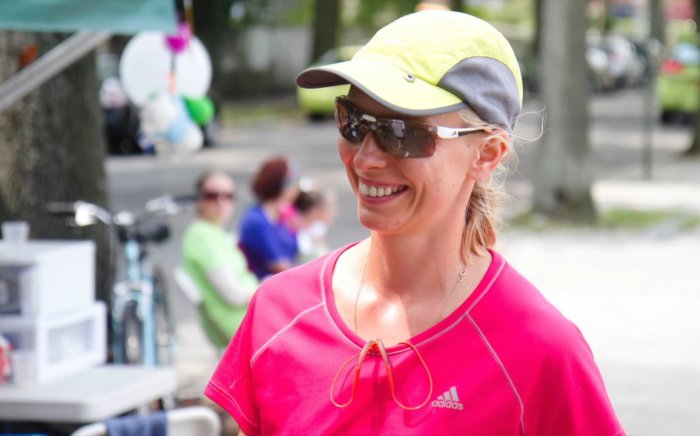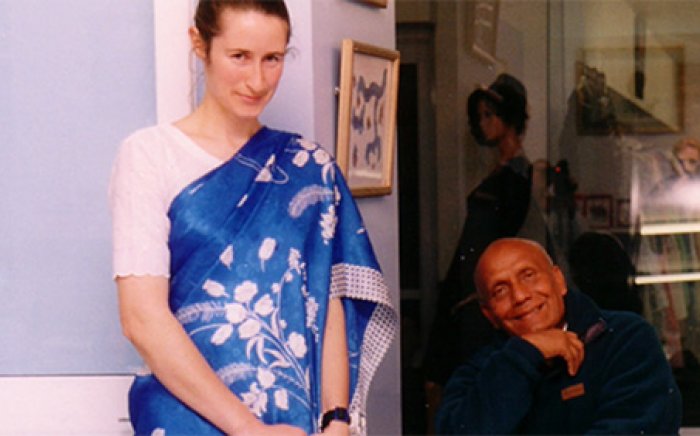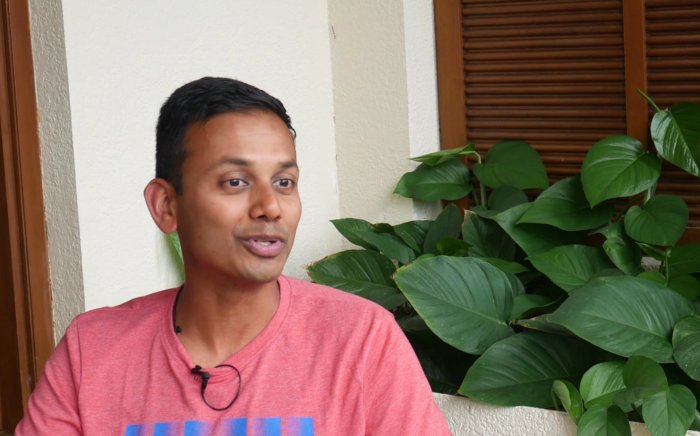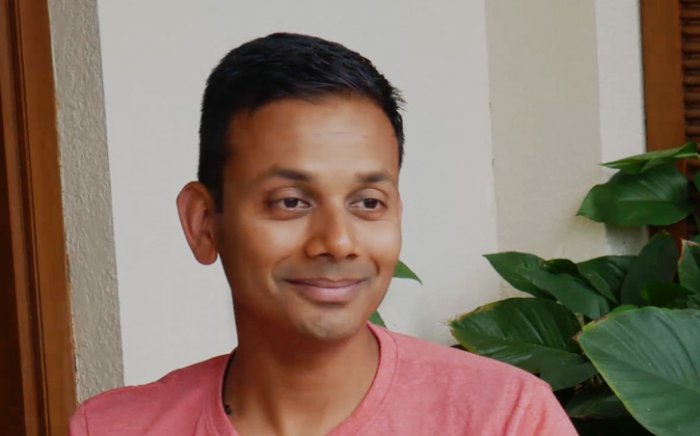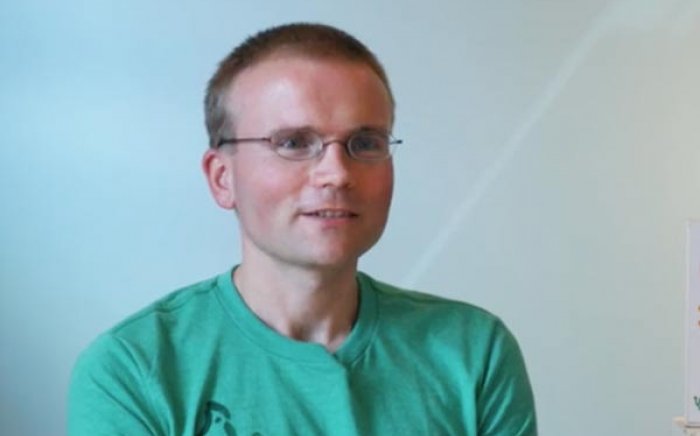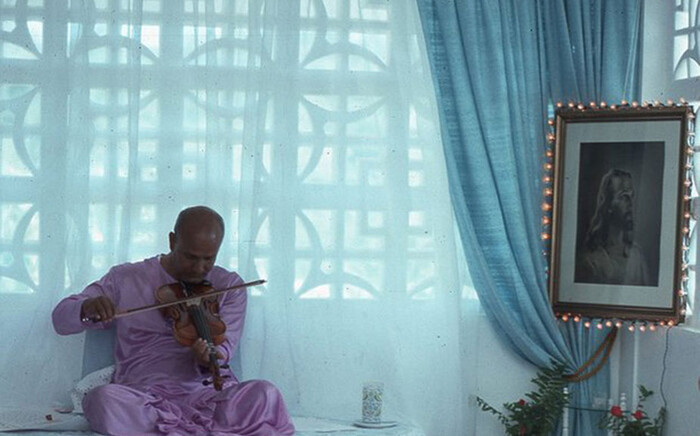For the ninth year in a row, I competed in the Te Houtaewa Challenge - a 63 km ultra-marathon along Te Oneroa a Tohe.
You stand. The wooden handle of the coffin feels slick and unstable in your damp left hand. The weight of it strains your shoulder. It is heavy - the wood, the body of your mother within.
Grief is not a decorous visitor - it dribbles down your checks, it slithers out of your nose onto the floor.
You stand. You wait. You bear the weight. You must wait for the first five bars of music, your brother has said. You have no idea what five bars means but you stand and wait and hold the coffin of your mother and listen for some discernible change in the music. ‘No. No. No.’ Nicholas whispers. ‘Go,’ he says. You note the change - ‘so that was five bars’. It had seemed a long time to stand there.
The aisle of the little church is not really wide enough - you are pressed uncomfortably between the coffin and the ends of the pews. So, slowly, uncomfortably, perhaps with dignity, you, slowly, carry your mother down the aisle. You come last on the right side - the head end. A dead person must be carried feet first. The head end is the heaviest you had been told. Your brother is opposite you; in front - your sister. Six siblings around the box, each with a handle, each bearing a sixth of the load - the dead weight.
You recognise the music now. The New World Symphony isn’t it called? A symphony doesn’t have words does it, but somehow this one conjures them up. Someone must have set words to it at some point.
Going home, going home,
I’m just going home.
How long is that aisle? It is a small church. It is a very short aisle but ever so slowly you travel down it. Your mother is going home, going home. You may be carrying her but you shall not be going home with her. Here your ways have parted. You carry her ever further away from yourself.
The church is on the crest of the hill. The harbour is spread out below. As you step out the door of the church, the wind ...
Later, on another hilltop, the six of you struggle from the hearse to the grave. It is a long way. It is up hill. The undertaker is a tall, burly man. He comes behind you and your brother and helps support the weight of the coffin. It helps. There on the hilltop where the deep, deep hole cut in the thick, wet, pale clay waits for you with a bed of pine needles at its bottom - there, the air is still. The trees are silent and unmoving. Beyond them the blue sky lies serene. Surrounded by the green, rolling hills, the harbour is blue and unruffled. You can see out past the ornate, carved, old headstones towards the mouth of the harbour where huge, white albatrosses may drift on vast and gentle wings.

But as you had stepped out of the church a mad gust of wind had swept upon you - a great whirling gyre of air, mad and leaping like cats and dogs, a rushing tumult of wind that whipped at the vestments of the priests, that flapped your new suit about you, that stirred the mortal dust.
Two days later you drive north for the Te Houtaewa Challenge.
The day is hot. The beach is long and wide and flat and disappears into the haze of distance. The race begins with the wero, the challenge. The warrior fiercely shakes his taiaha in your face; fearsomely he cries out and threatens you. But you come in peace. Your representative picks up the rautapu. You pray to the atua, the cosmic forces that fill this world, to ensure your passage through the day.
And you run.
You had sat on the dark brown couch in your parent’s lounge. Your mother had lain in her open box of wood, flowers on the side-board and around her, three candles burning at her head. ‘You can run it for Aileen,’ your father had said.
The sun beats down.
On the wall of your brother’s office as you had sat there typing an email to your boss explaining why you would not be returning to work on Monday, was pinned a printout - words and picture - ‘Barack Obama for President’. That politician in a land 8,000 miles from where you are, had spoken often of the ‘fierce urgency of now.’
You run, steadily and happily. There is nothing fierce or urgent about your running, but it is ‘now’. It is the experience that the runner of the spiritual path - as Roger Joslin would put it - has always sought: no thought of the distance ahead, no pacing to take that distance into account, no consideration of the distance already covered, no pleading that it justifies slowing down - just ‘now’, just each footfall upon the sand. ‘There is only now,’ - the idea repeats itself in your thoughts as the hours slip by.

The race is 63 kilometres straight down the beach to the hill of Ahipara.
Suddenly, 6 km from the end ‘there came a sound from heaven as of a rushing mighty wind, and there appeared unto them cloven tongues like as of fire ...’ It is the strangest experience. The wind, completely absent before, is suddenly strong enough that you have to lean into it and struggle on as it roars in your ears. But strangest of all is what it does to the sand. The wind picks the sand up and blows it in twisting skeins, braided tongues of fire, weaving rivers of sand , but all just a few inches off the ground. You run as though running high in the sky upon a swift-moving sheet of cloud. On, on towards the hill of Ahipara where angels wait and the sacred fire ever burns.
Dr Eliot wrote - ‘This year Barney’s time was 5.50, which sounds pretty fabulous, but he said it was not his best time, but that he had the best inner experience whilst running it that he has ever had. Which is a big thing given that Barney’s mum passed away 8 days beforehand. She must have helped him.’

